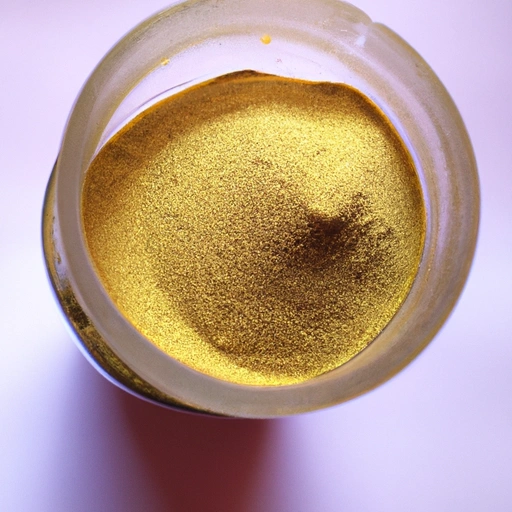Mustard Powder
Description

Mustard powder, also known as ground mustard or mustard flour, is made from the seeds of the mustard plant. This finely ground powder is known for its sharp, pungent flavor and its ability to emulsify and thicken dishes. It's a staple ingredient in many cuisines and is often used in spice blends, marinades, rubs, dressings, and sauces.
Common uses
Mustard powder is commonly used as a seasoning in a variety of dishes, as well as a base ingredient for making prepared mustard condiments.
Nutritional value
Calories
Approximately 60 calories per 2 tablespoons (10 grams) of mustard powder.
Protein
About 3.7 grams per 2 tablespoons (10 grams).
Fat
Approximately 4.2 grams per 2 tablespoons (10 grams).
Carbohydrates
Approximately 2.8 grams per 2 tablespoons (10 grams).
Vitamins
Contains small amounts of B-complex vitamins per 2 tablespoons (10 grams).
Minerals
Rich in selenium and magnesium, with trace amounts of calcium and potassium per 2 tablespoons (10 grams).
Health benefits
Mustard powder is known for its anti-inflammatory properties and may contribute to cardiovascular health. It's also thought to have benefits for muscle recovery and respiratory health.
Potential risks
Consumed in large quantities, mustard powder can irritate the digestive system. It's also a potential allergen for some individuals.
Common recipes
Used in recipes for homemade mustards, spice rubs, salad dressings, barbeque sauces, and curries.
Cooking methods
Can be used in dry form or mixed with liquids to create pastes and sauces. It works well with both hot and cold cooking methods.
Pairing with other ingredients
Complements meats like beef, pork, chicken, and seafood, as well as vegetables, legumes, and cheeses.
Summary
Mustard powder is a versatile ingredient that adds depth and complexity to a wide array of dishes. It is a cornerstone in many spice blends and condiments, contributing both flavor and health benefits to global cuisines.